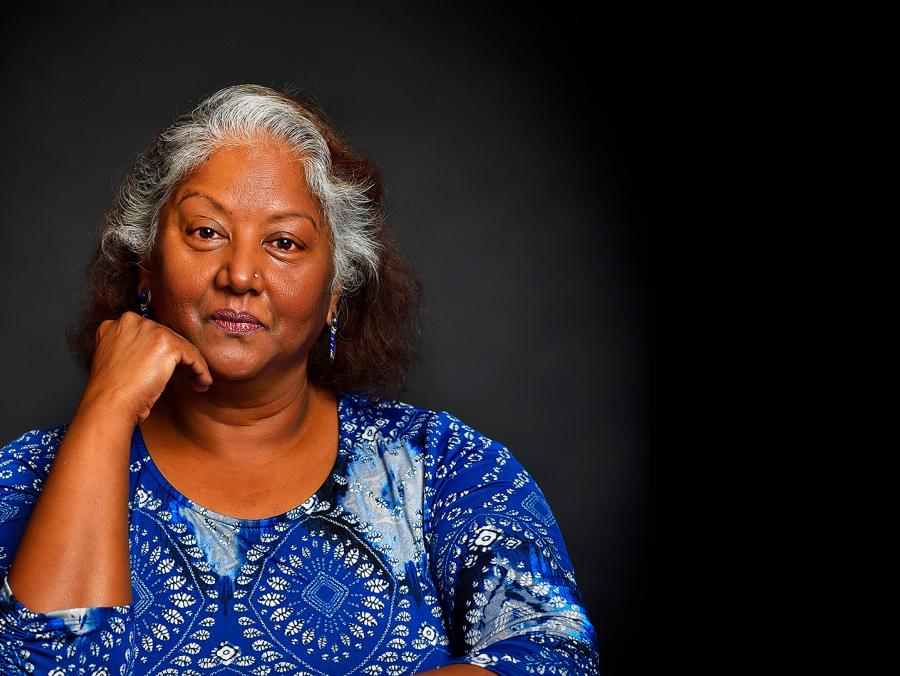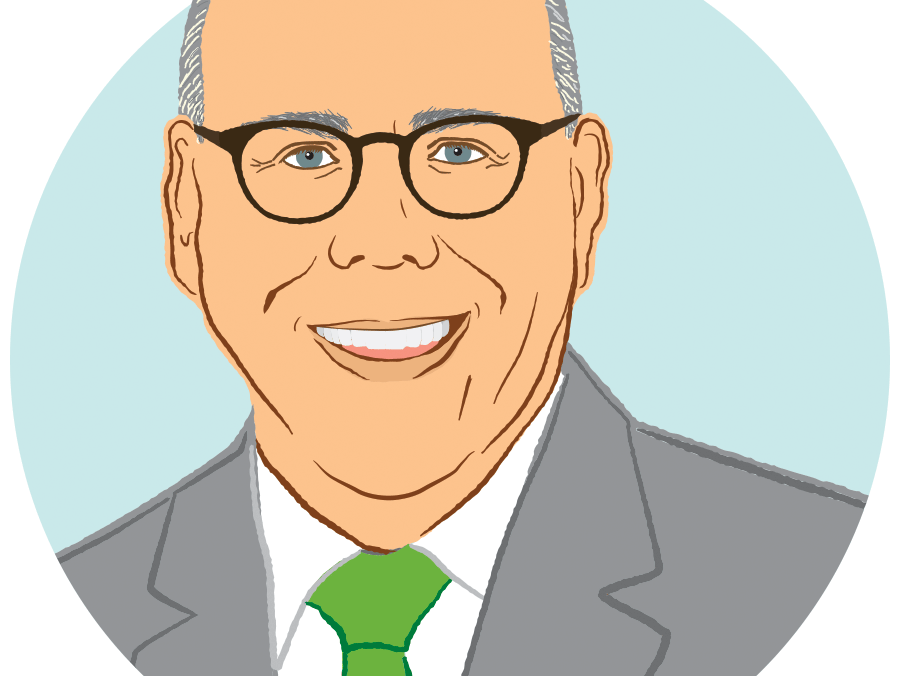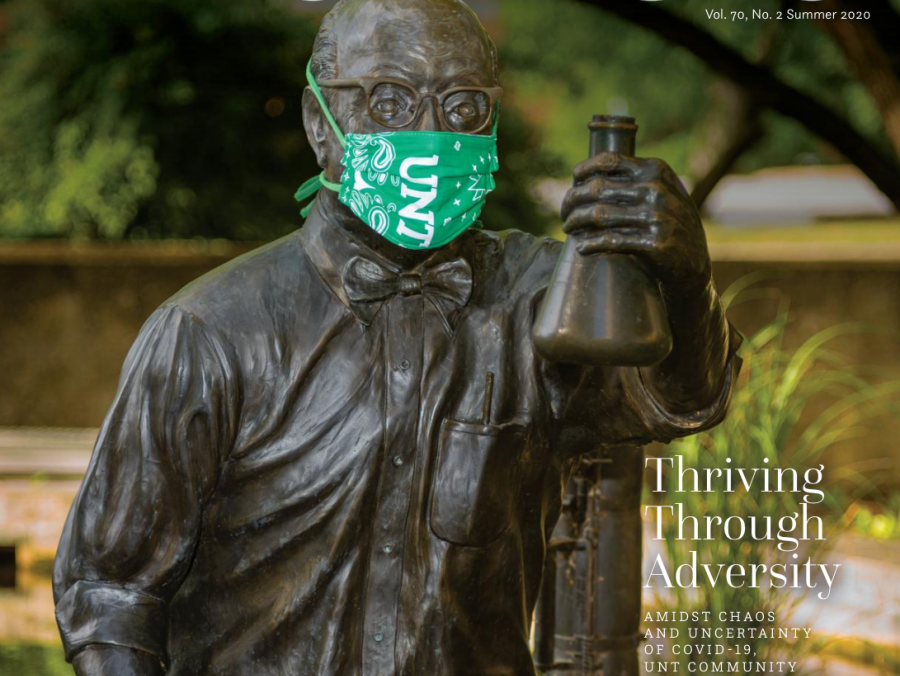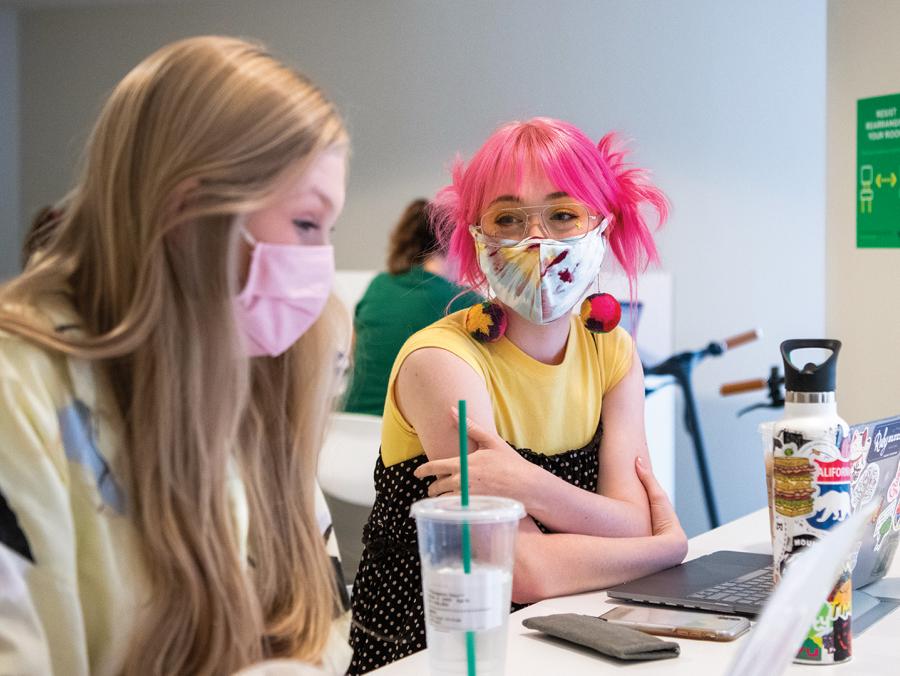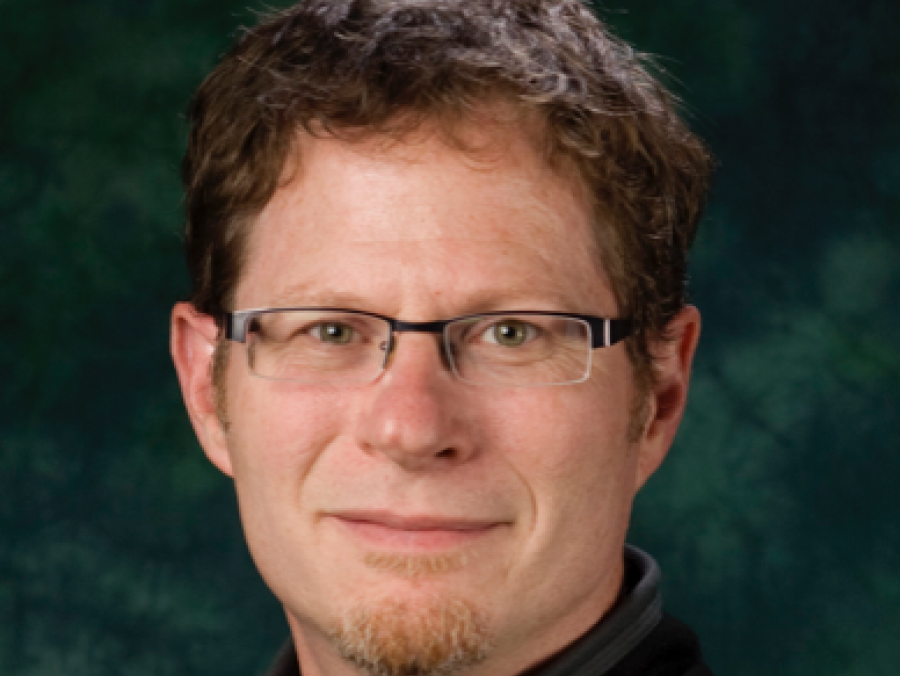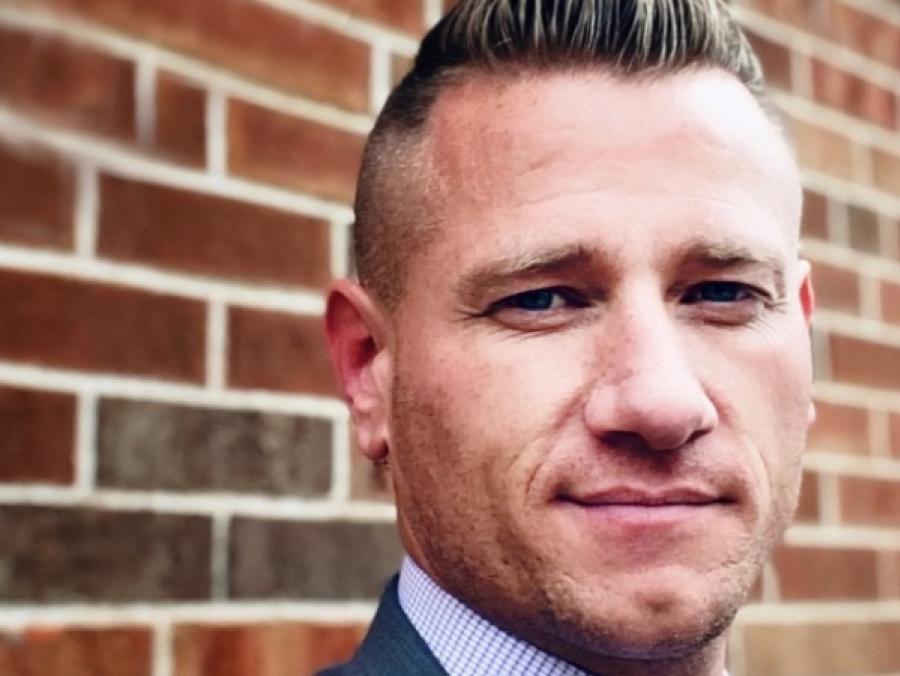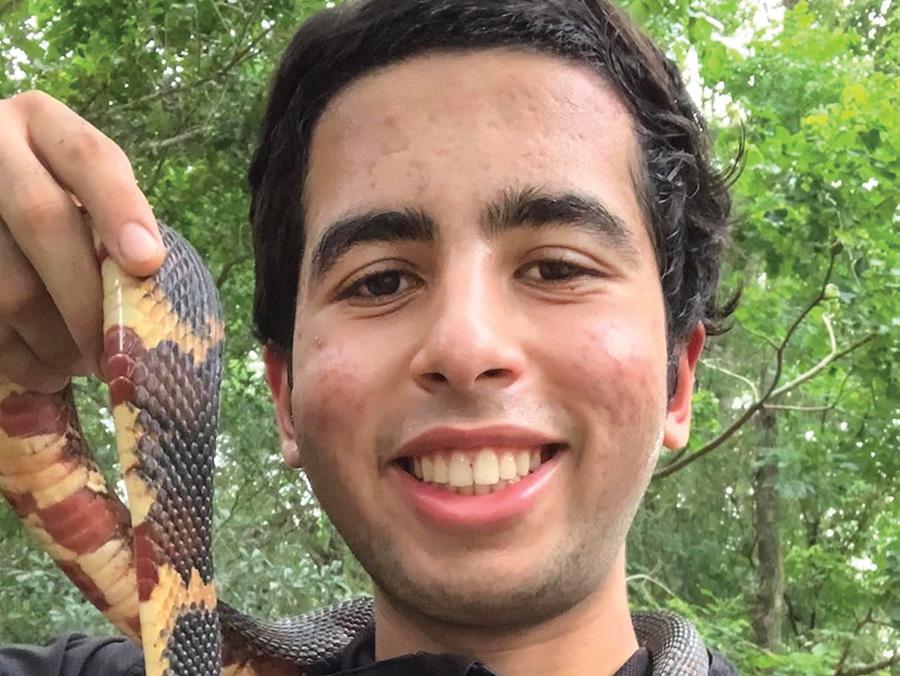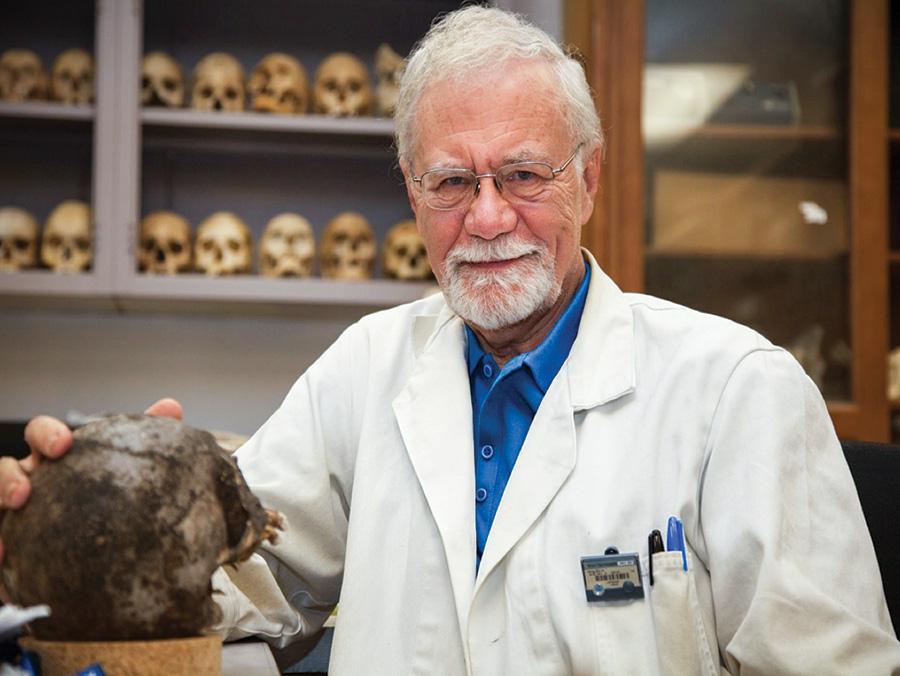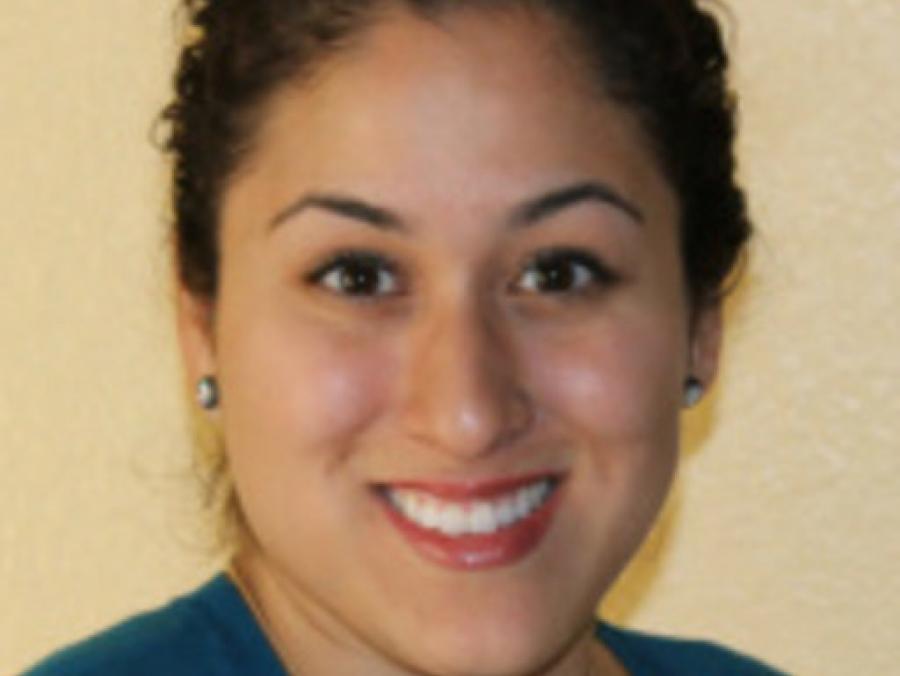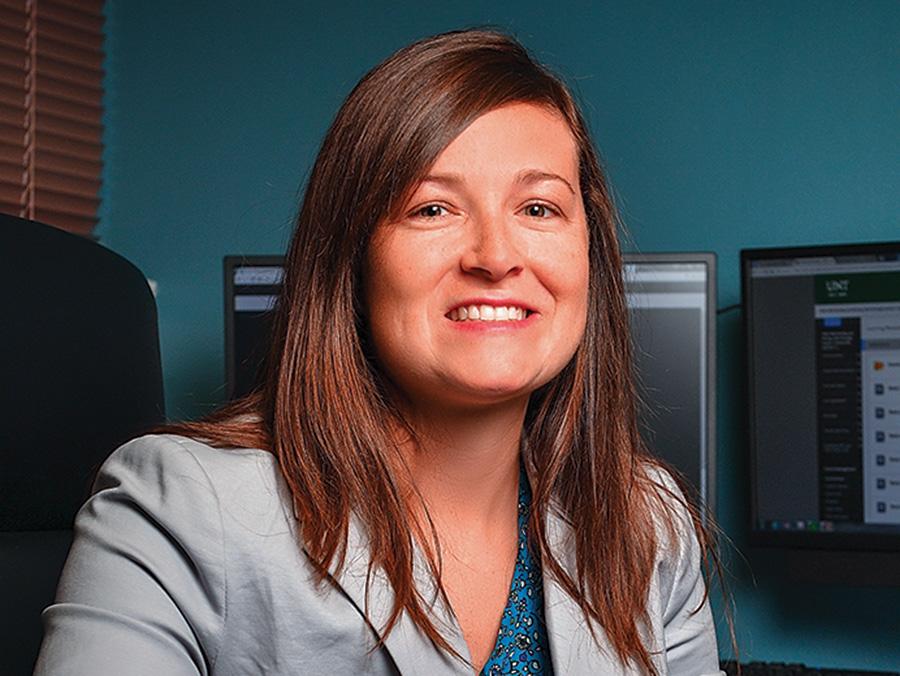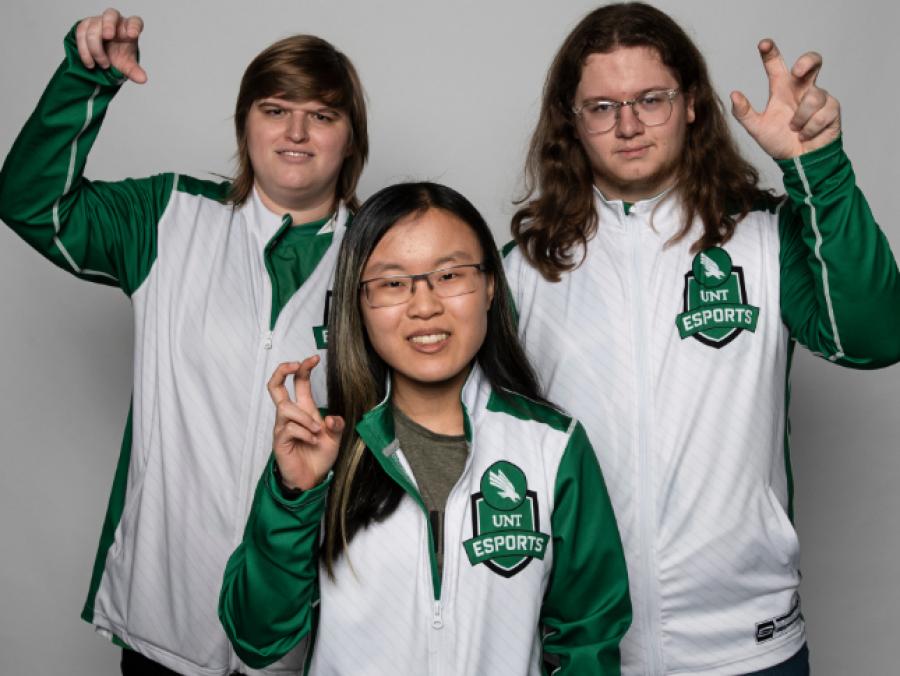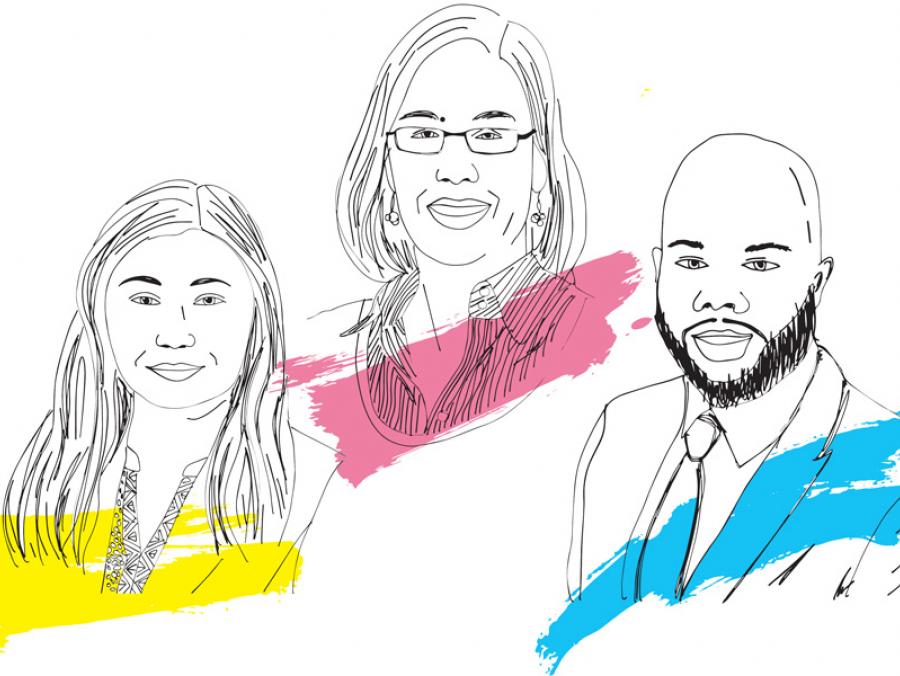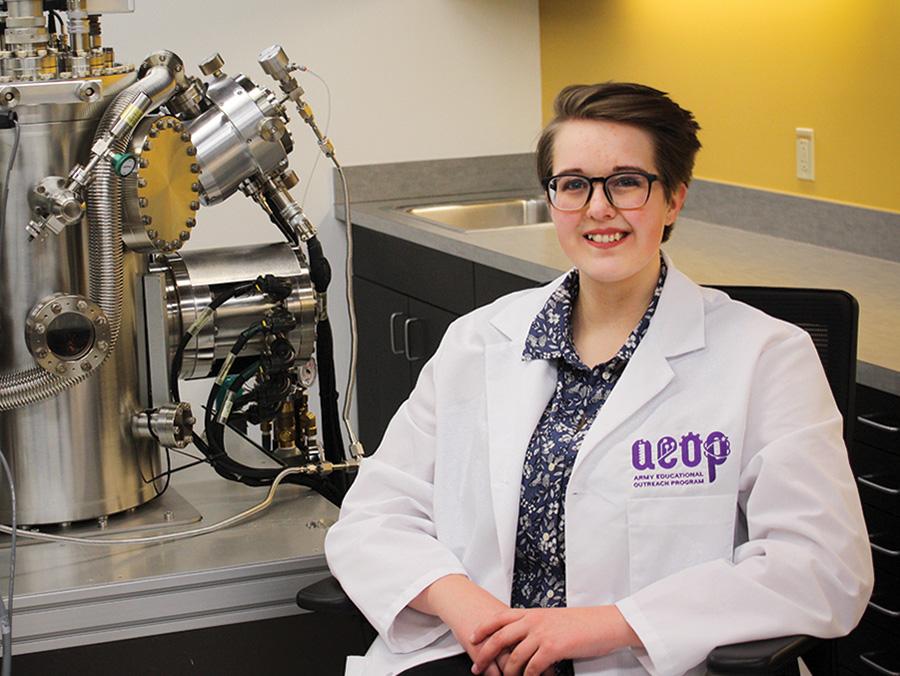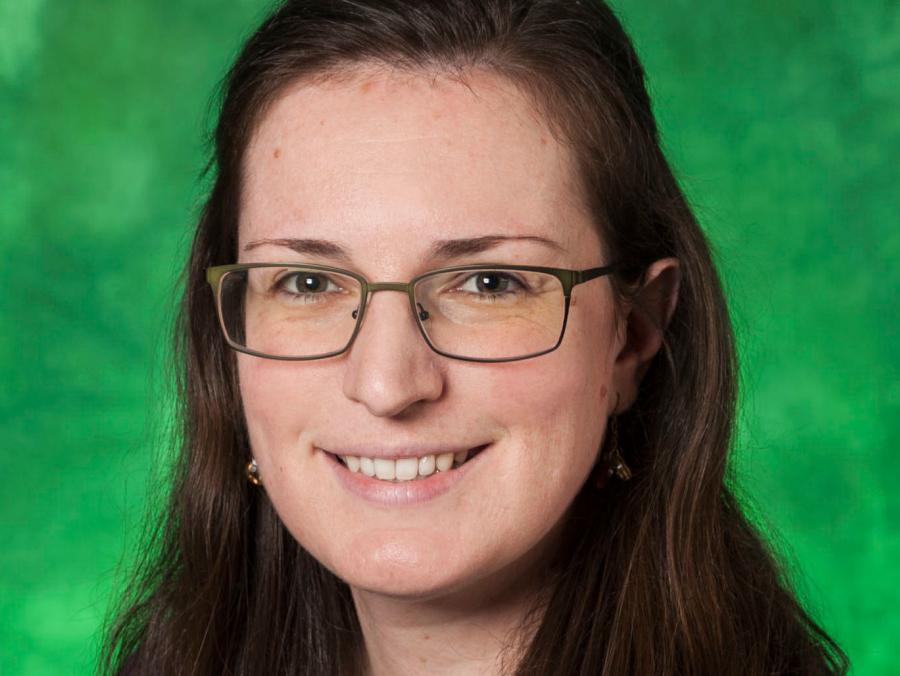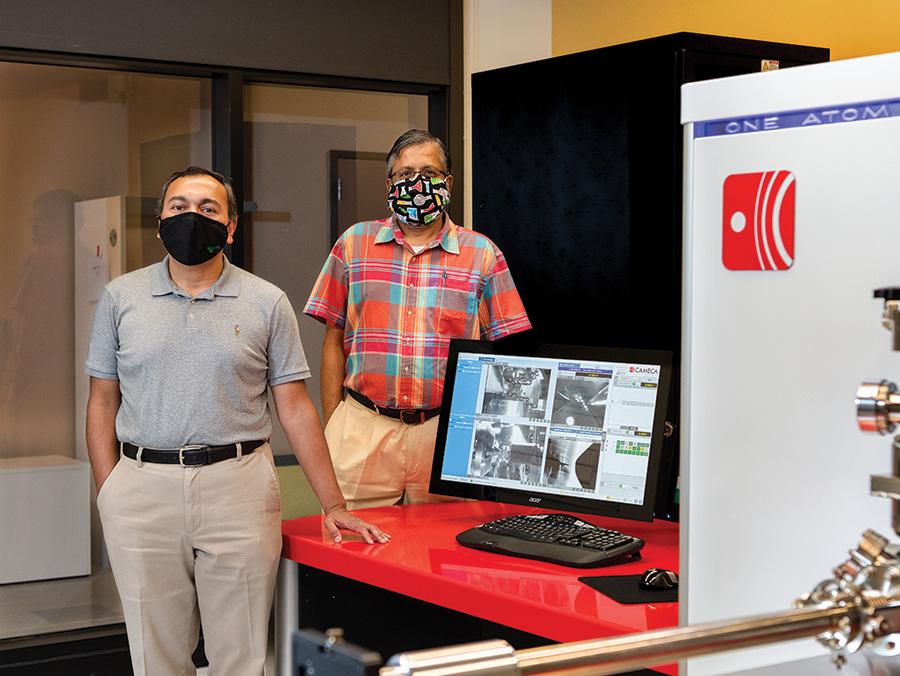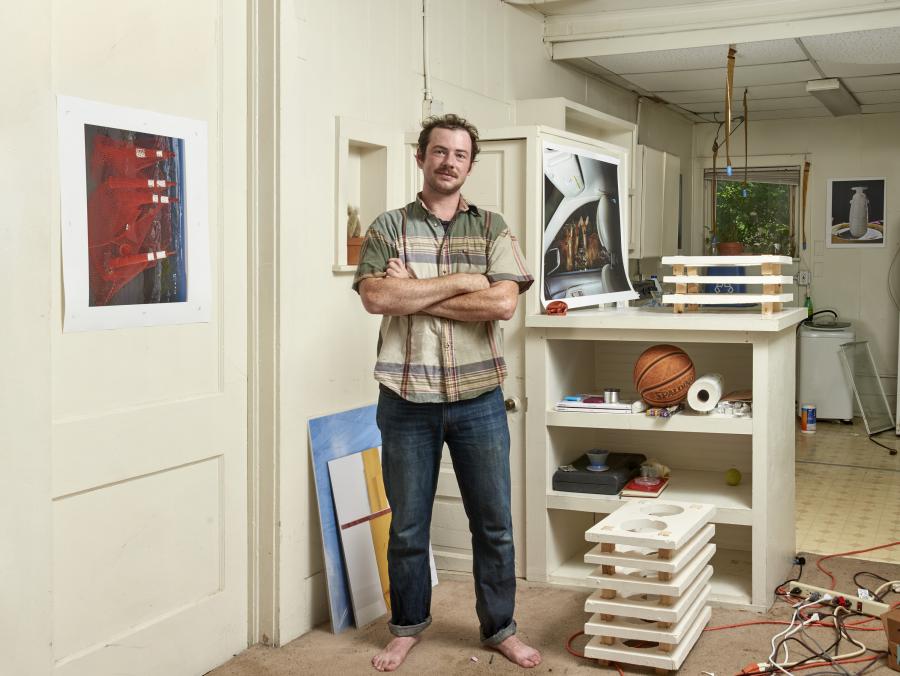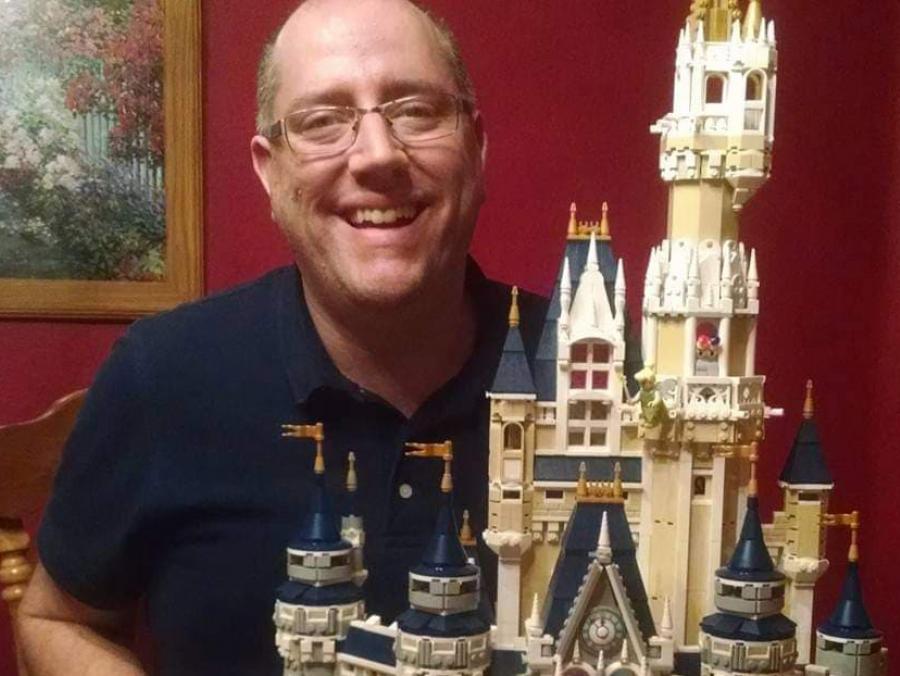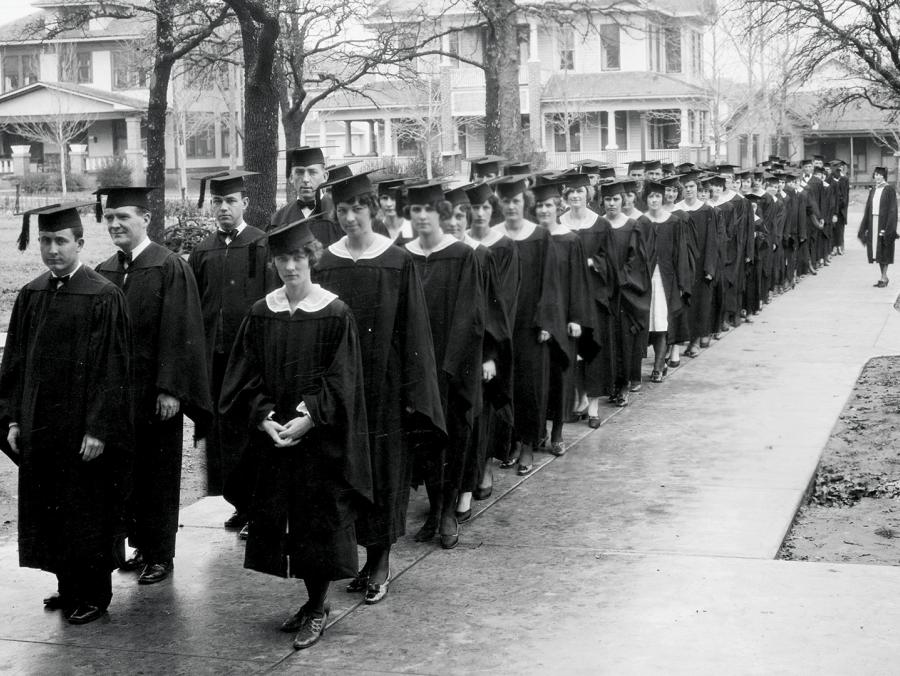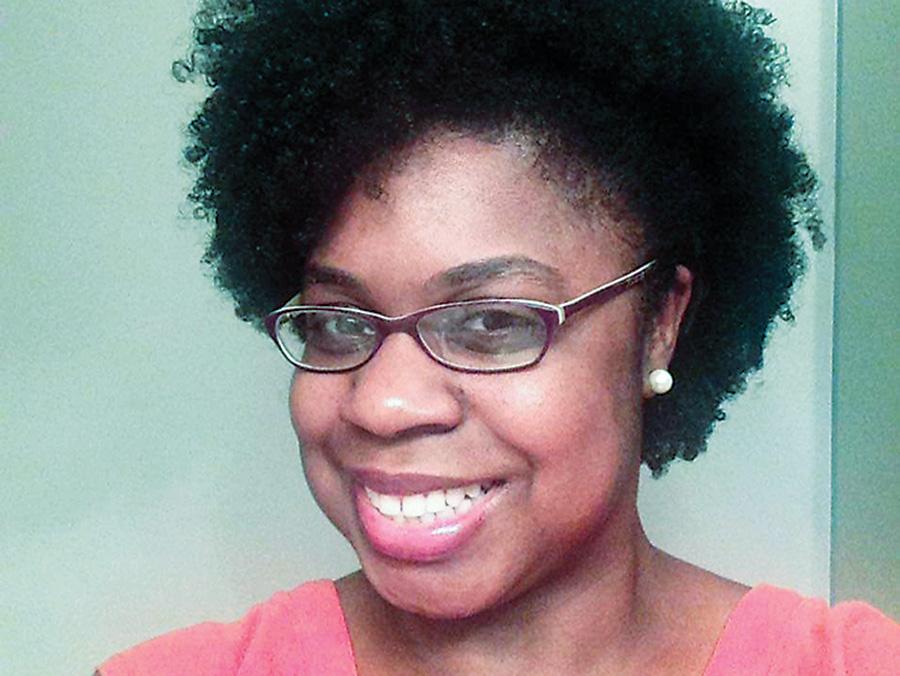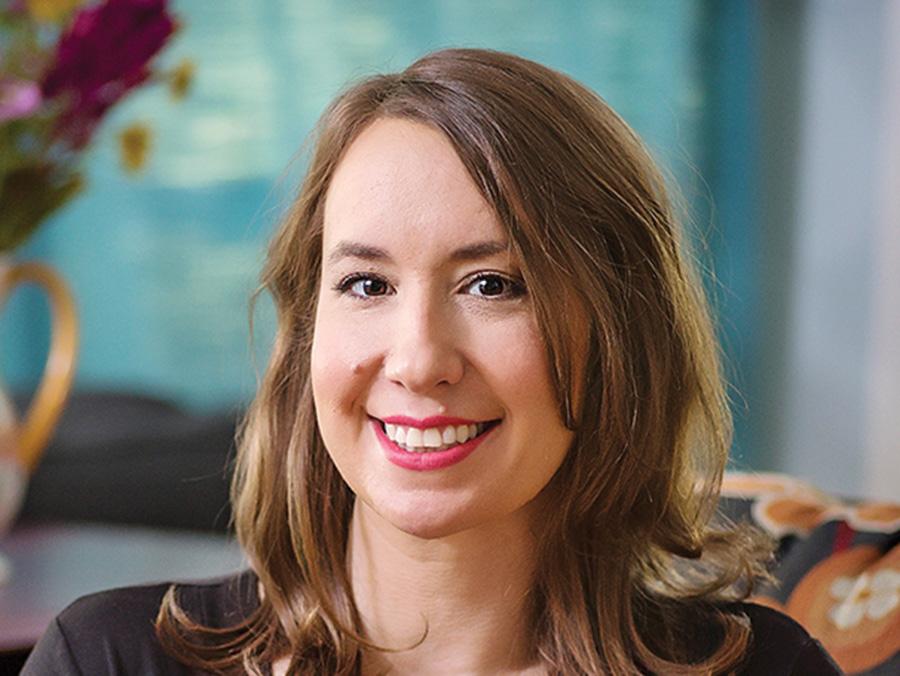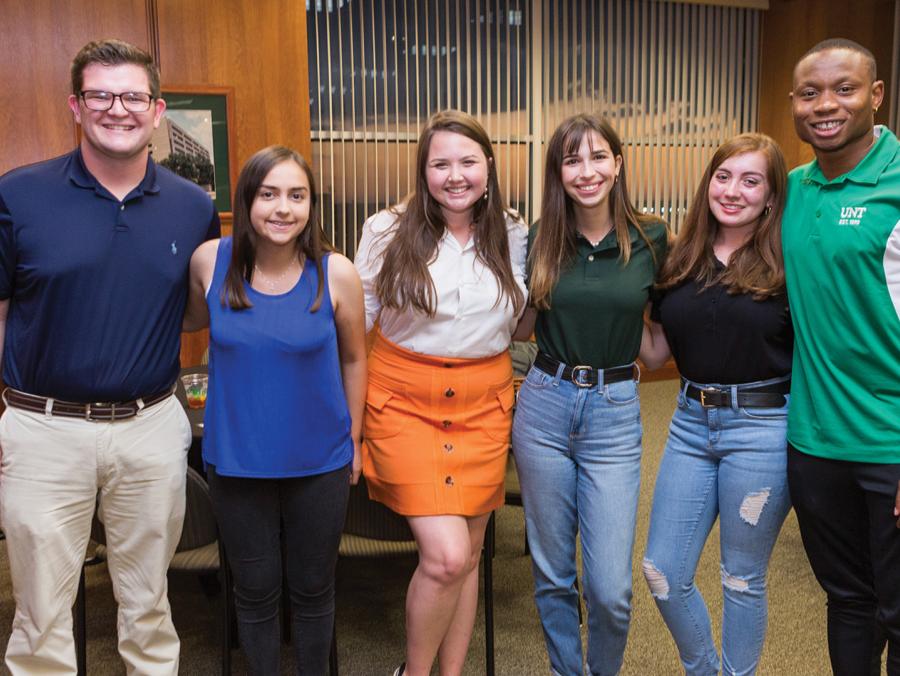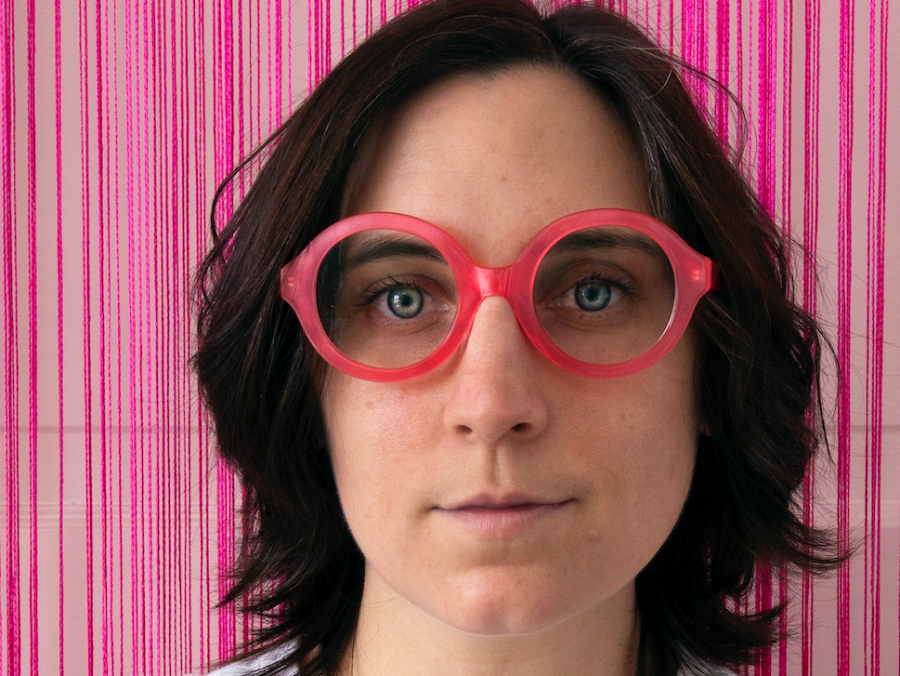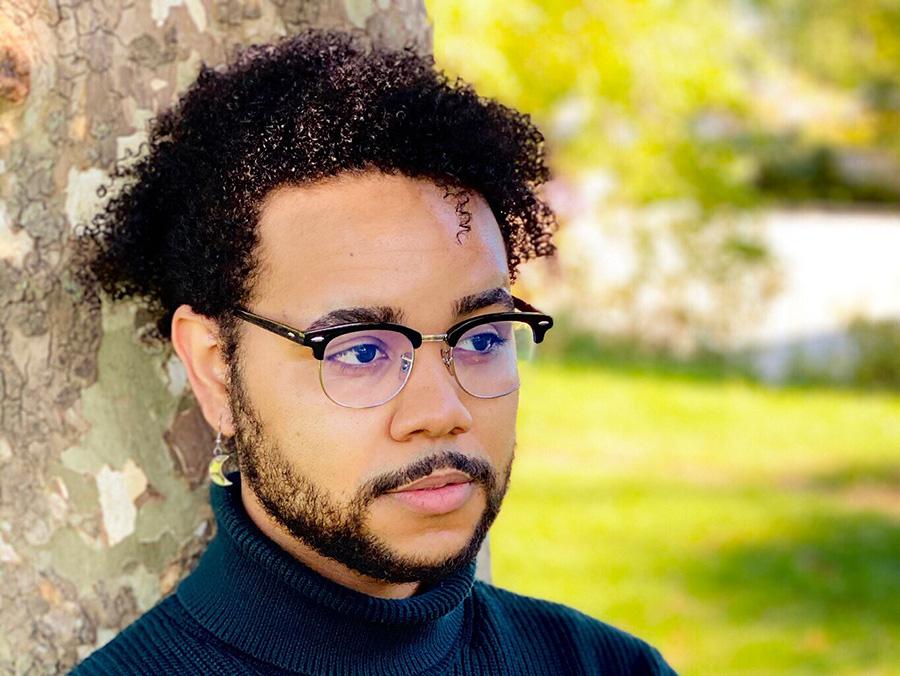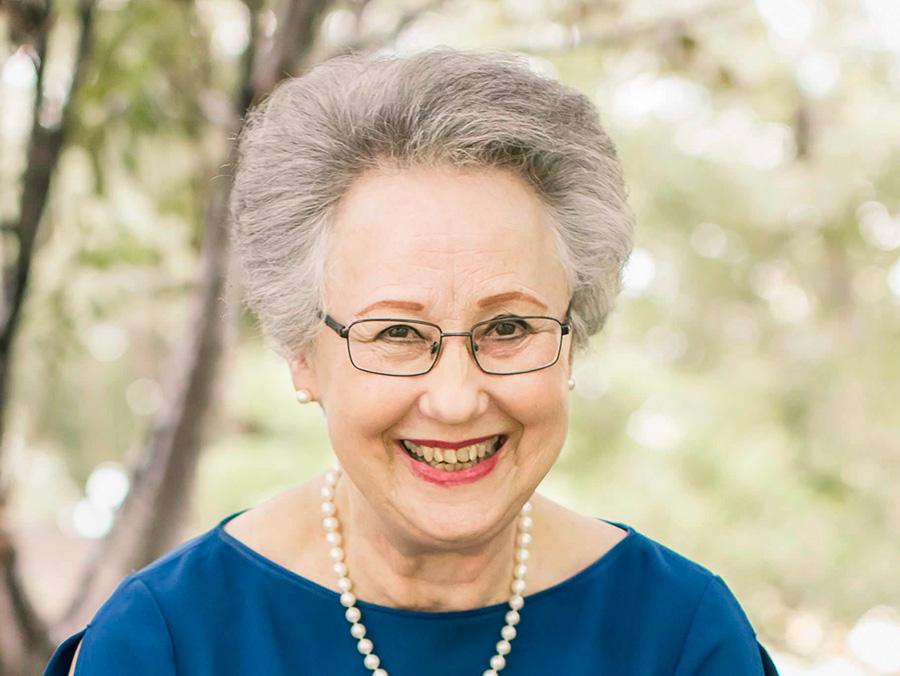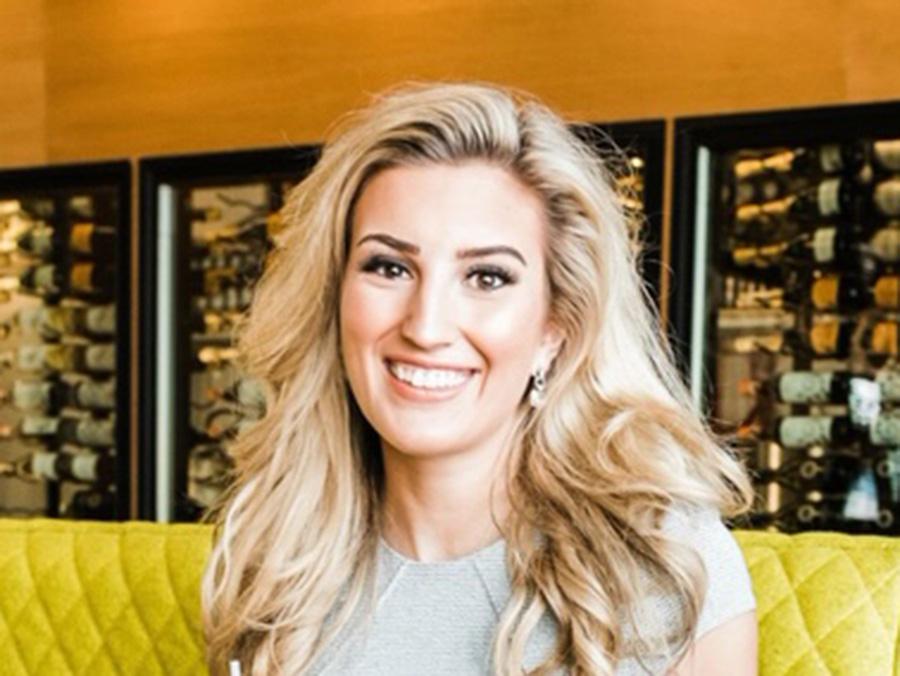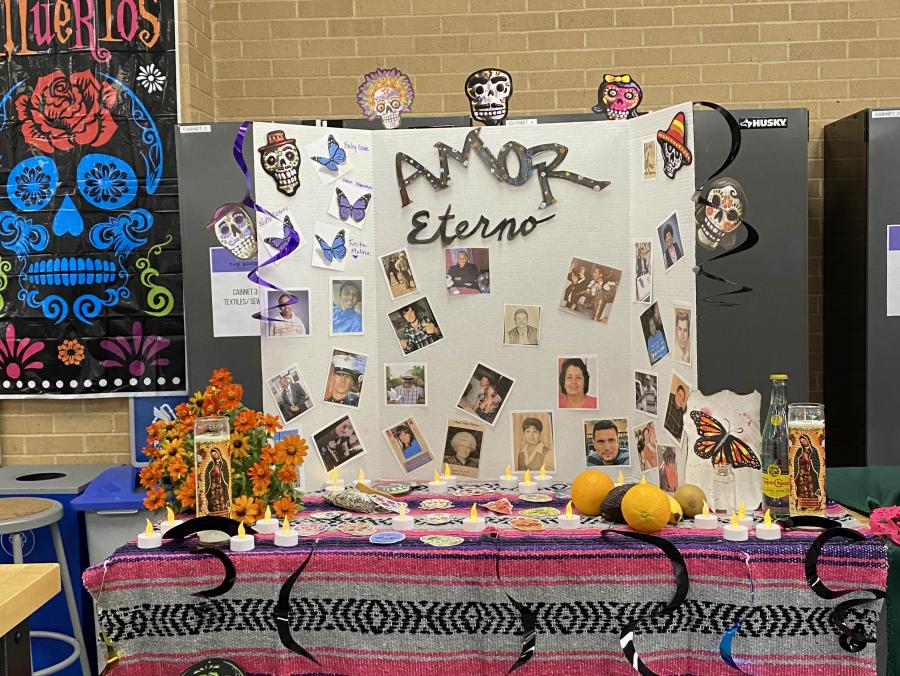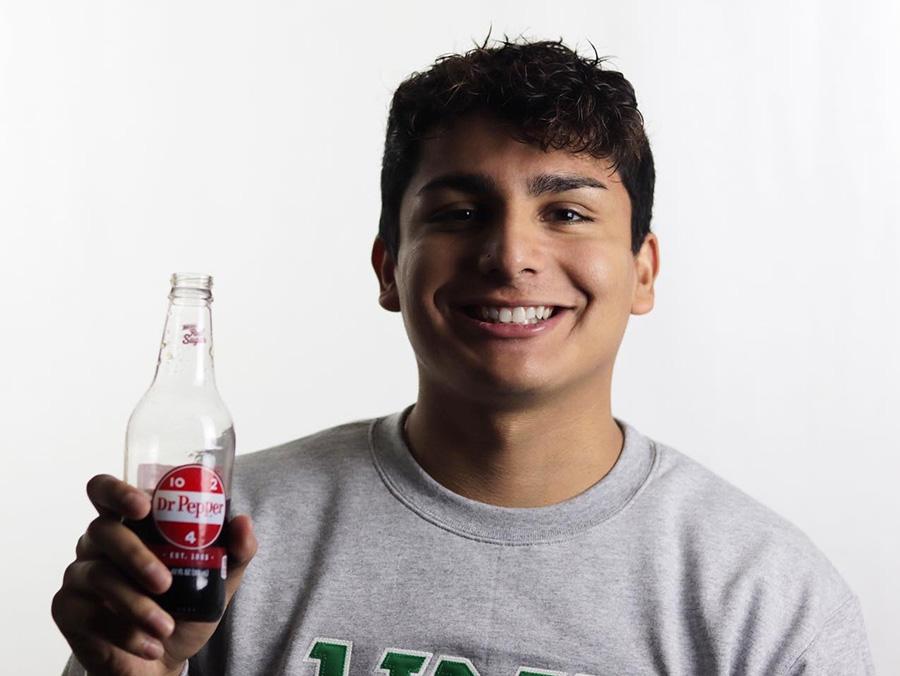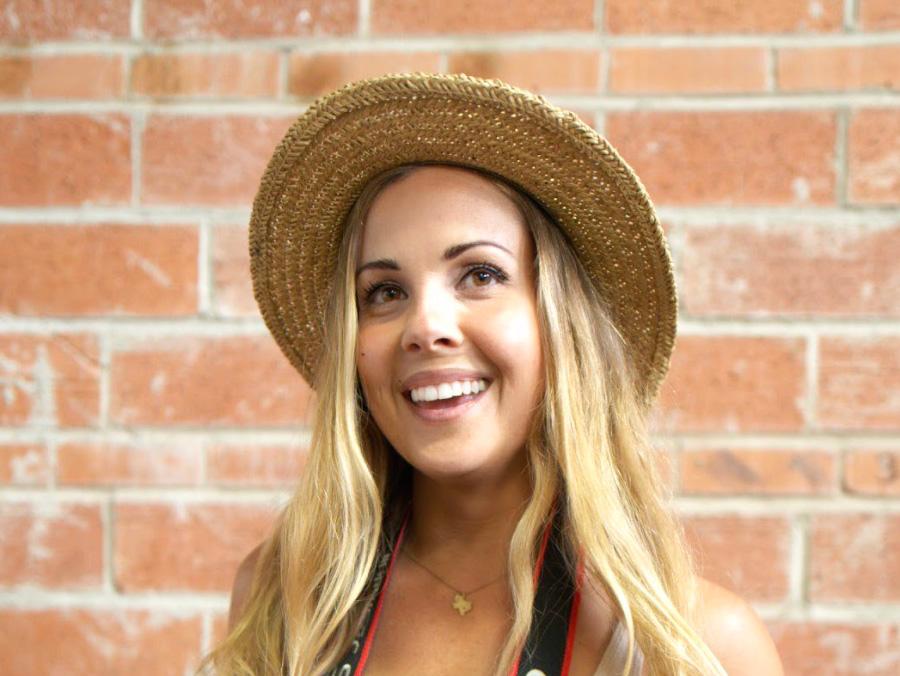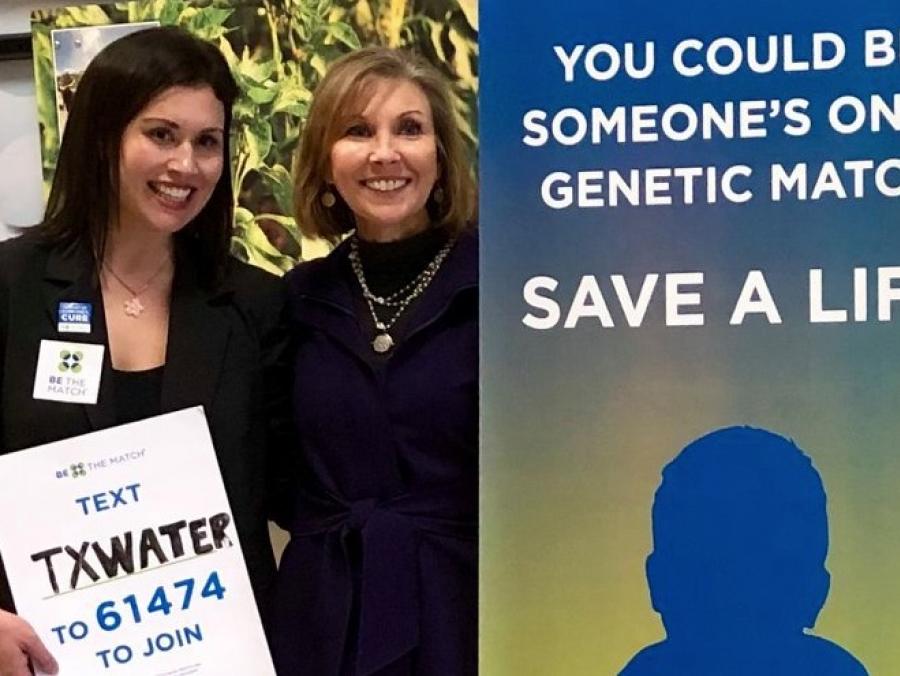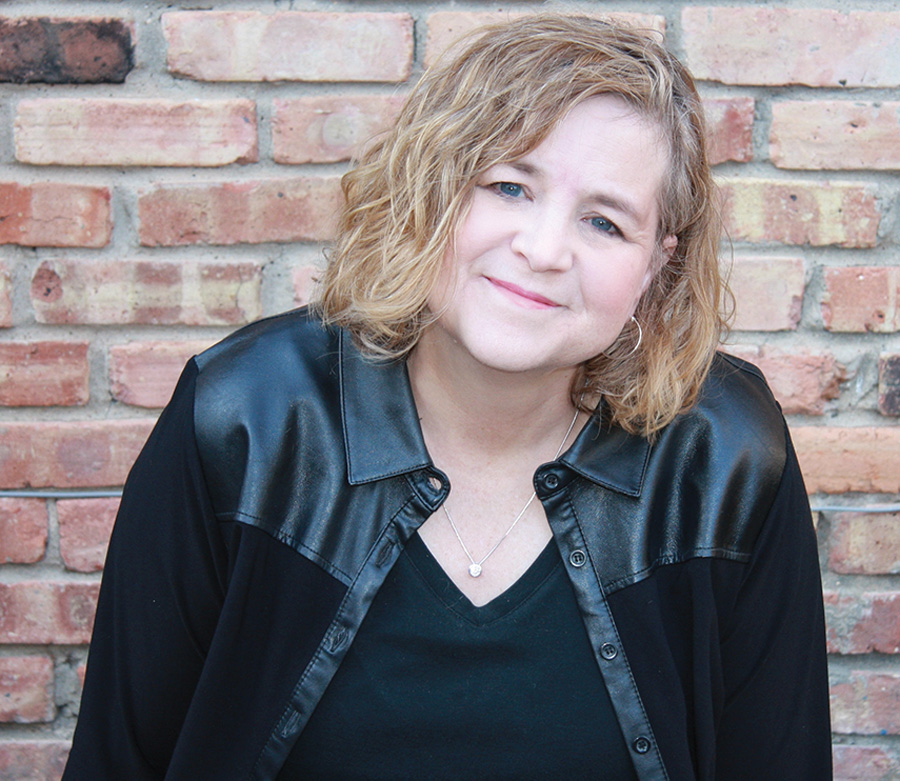
Even as a child, Laura Roberts (’94 Ph.D.) knew psychology was the career for her. Now, she owns her own clinic that specializes in the treatment of eating disorders.
Roberts grew up reading books that belonged to her mother, a marriage and family therapist, and fell in love with psychology. The idea of helping people better understand themselves and potentially improve their lives was appealing. She decided to follow in her mother’s footsteps, ultimately becoming a psychologist specializing in eating disorders.
“Being a psychologist is a perfect fit for my personality, and I like the idea of giving back,” says Roberts, who runs a private practice in Dallas.
Roberts received her bachelor’s in psychology from TCU and her Ph.D. in counseling psychology from UNT. While at UNT, Roberts worked closely with Bert Hayslip, Regents Professor of psychology, who was her dissertation advisor.
“UNT prepared me to be a scientist-practitioner, I use the science of psychology and treatment approaches to provide evidence-based therapy,” Roberts says. “The program I was in was intense, and was both a research program and a practice program. These aspects of training, helped me become a better practitioner. I am able to follow the latest research in the field and apply that knowledge to helping clients change.”
After UNT, Roberts became a licensed psychologist and completed a pre-doctoral internship at the VA Medical Center in Baltimore. She returned to Texas, where she worked for eight years as a psychologist at Southern Methodist University. While there, she decided to specialize in eating disorders.
“Treating eating disorders wasn’t initially a big interest of mine,” Roberts says. “I have a family member who struggled with an eating disorder, and I was starting to see students with eating disorders at SMU. I realized that maybe it was a good niche for me. I enjoy working collaboratively with other professionals such as dietitians and physicians. Watching my clients blossom as they heal is extremely satisfying. ”
She began working at Walker Wellness, an eating disorder clinic in Dallas, before e deciding to begin her own practice. She also sees patients who have anxiety or depression, and who want to work on personal growth.
Since the COVID-19 pandemic, she has been treating patients via teletherapy, which “opens up opportunities for people who didn’t want to go to an office or who didn’t have access,” she says. Currently, she’s slowly resuming in-person appointments.
“I love working for myself -- I could never go back to working for a clinic or group,” Roberts says. “I work with amazing clients, and the biggest accomplishments are watching them get better and knowing I played a part in that.”




